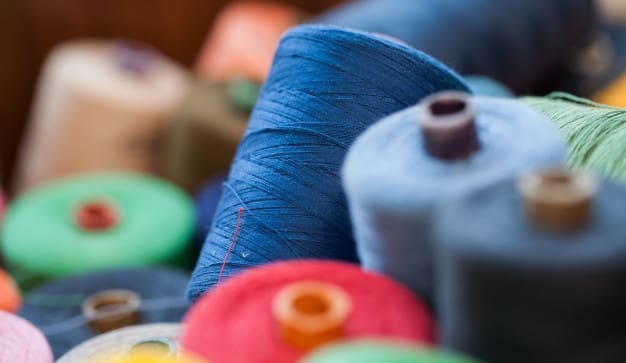The Pakistan Hosiery Manufacturers and Exporters Association (PHMA) on Sunday urged the government to abolish customs and regulatory duties on cotton yarn imports, as well as allow them to arrive via all land routes, including India, because cotton yarn is the primary raw material used in the real worth textile and apparel export industry.
According to PHMA Central Chairman Shahzad Azam Khan, value-added garment and home textile exporters are facing the worst shortage of cotton yarn, a basic raw material, in history.
If cotton yarn is available throughout the country, it is of inferior quality, he said, adding that export orders for real worth textile goods are available, but exporters are hesitant to materialise these orders due to the continued cotton yarn crisis. Such export orders meant for Pakistan could be diverted to other regional countries in this scenario, he warned.
Currently, value-added knitwear exports are increasing, indicating that exporters’ demand for cotton yarn is also increasing.
Although there is a high demand for cotton yarn in the Pakistani Value Added Textile Export Industry, yarn automakers and spinners are outsourcing cotton yarn to regional competitors. As a result, the yarn manufacturers, on the one hand, deprive the value-added textile sector of cotton yarn in Pakistan while, on the other hand, passing on the government’s subsidy benefit in the form of supply of gas and power at concessional rates to major neighbours in addition to exporting cotton yarn, as Shahzad Azam pointed out.
Furthermore, given the country’s scarcity of cotton yarn, the government should impose a regulatory duty on the export of cotton yarn below 40 all counts, with the rate of regulatory duty equal to the subsidy impact offered and provided by the government to yarn manufacturers/spinners in the form of discounted gas and power.

